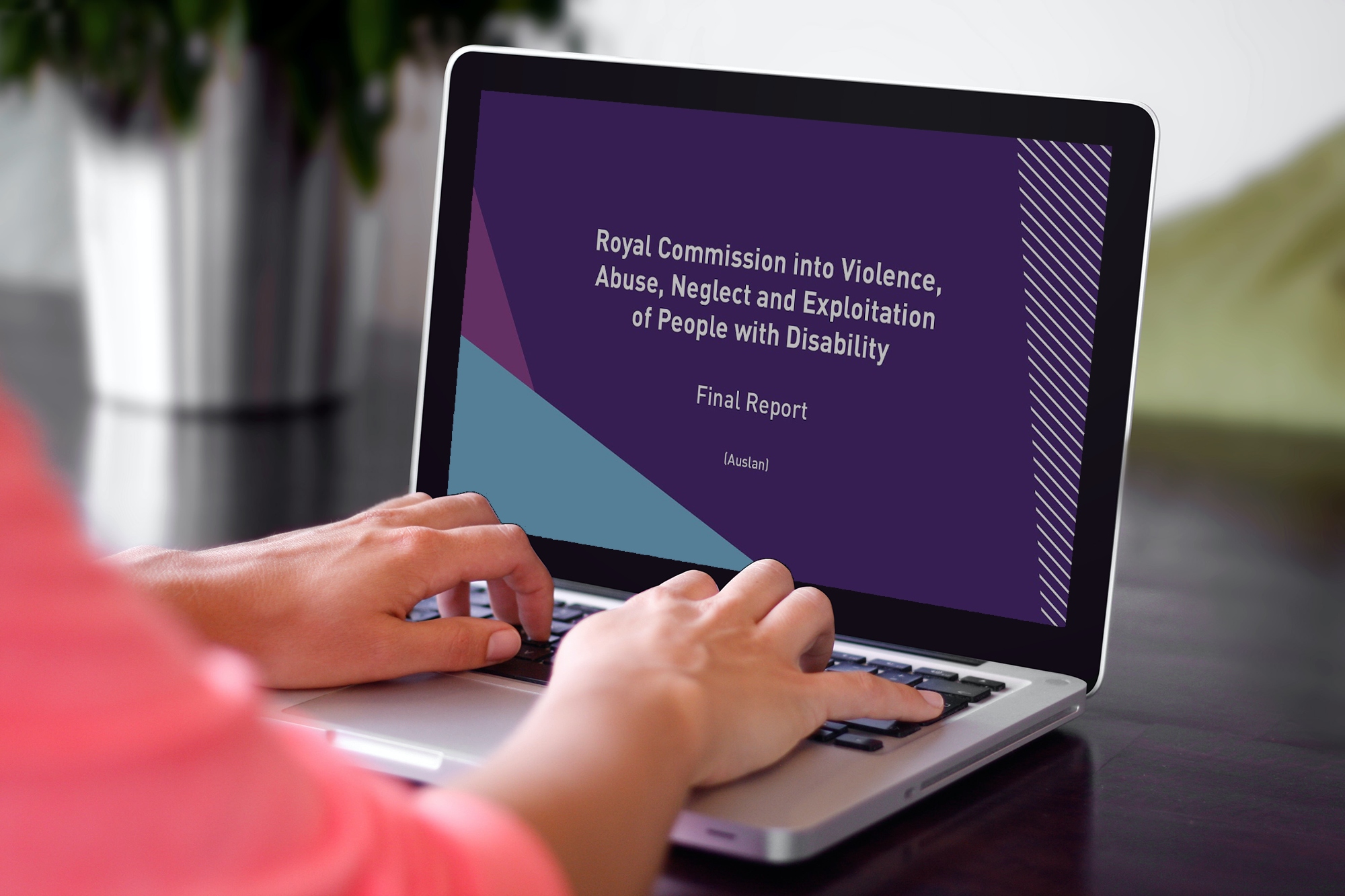As part of a recent suite of reforms set out in the Royal Commission Response Act, the Department of Health and Aged Care is introducing a Code of Conduct for Aged Care. An exposure draft of the Code has been released, and the Code will come into effect from 1 December 2022.
So, what does this new Code mean for providers and their workers? And how can you prepare for this new requirement?
An overview of the Code
We’ve been keeping close to developments relating to the Code, and aim to keep our customers up to speed as the Aged Care Quality and Safety Commission publishes new information. Here are some key pointers:
- The Code of Conduct has been introduced to “improve the safety, health, wellbeing and quality of life for people receiving aged care and to boost trust in services”.
- It sets out standards of behaviours for approved providers, governing persons, workers, volunteers and contractors to ensure services are delivered in a safe, competent and consistent manner.
- The policy intent for the Code is not to create new obligations for providers; but rather to focus on the protection of older Australians by setting out the suitable standards of care, and ensuring that there are consequences for poor conduct.
- The Code will take effect from 1 December, and will apply to residential aged care, home care, and flexible care providers. The Code will not apply to Community Home Support Programme (CHSP) and National Aboriginal and Torres Strait Islander Flexible Aged Care Program (NATSIFACP) providers.
- The Commission will be able to issue banning orders to aged care workers and governing persons who breach the Code – however, this measure will only be taken in the most serious cases of poor conduct.
- The Code is in draft form but should be finalised in the near future.
Your responsibilities and how you can prepare
The responsibilities outlined in the Code are consistent with existing legislation, the Aged Care Quality Standards and the Charter of Aged Care Rights, as well as community expectations and consumer expectations. As an example, the Aged Care Quality Standards include concepts such as affording consumers dignity and respect, which feature in the Code.
The Code is also consistent with the NDIS Code of Conduct, which will be familiar to some providers who work across both the aged care and disability sectors. Both Codes have a strong focus on the individual’s right to receive quality care and share many of the same obligations.
Compared with the NDIS Code, the Aged Care Code does have additional requirements for treating people with dignity and respect, valuing diversity, and providing care, supports and services free from violence, discrimination, exploitation, neglect, abuse and sexual misconduct. These additional requirements address key concerns raised by the Royal Commission into Aged Care Quality and Safety. Whilst the Codes are very similar, they will be regulated separately.
The Aged Care Quality and Safety Commission has emphasised that the Code of Conduct does not create new obligations, in the sense that providers and workers delivering care in accordance with existing regulations should already be meeting the Code. However, there is one new responsibility providers should be mindful of in relation to the Code, and that is: providers must take reasonable steps to make sure workers and governing persons comply with the Code.
The Commission has made clear that providers need to ensure their aged care workforce (including employees, volunteers and contractors) understands and acts consistently with the Code. Some steps you can take to ensure your workforce is ready include:
- ensuring that workers have read and understand the Code and relevant guidance;
- ensuring workers undergo regular training and professional development that helps them comply with and uphold the Code;
- ensuring workers understand the consequences of not complying with the Code; and
- supporting workers to resolve concerns identified in relation to their compliance with the Code.
Next steps
Make sure you have familiarised yourself with the draft Code and have a plan to prepare your workforce.
For more detail on the Code, please access the draft Code of Conduct for Aged Care: Guidance for providers.


